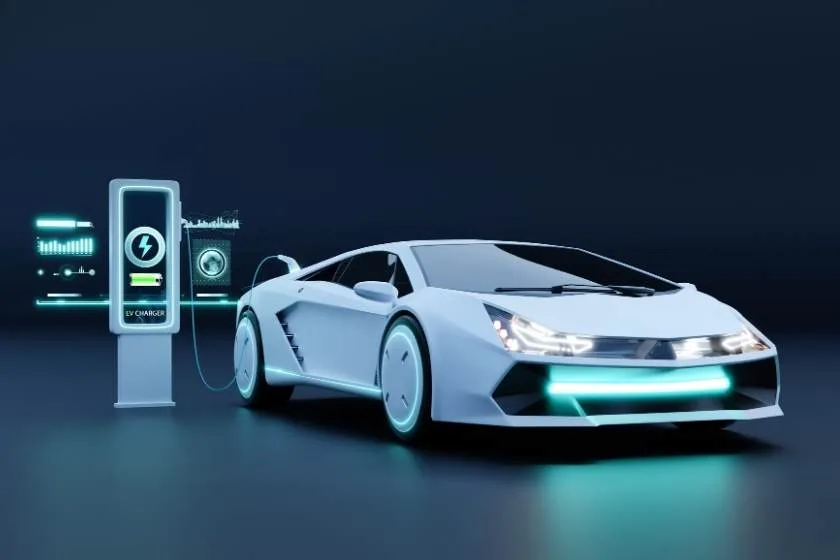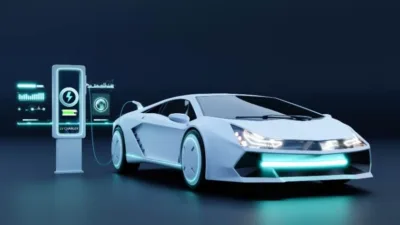The 21st century is a period of innovative technologies and environmentally friendly solutions, and one of the brightest stars of this period is undoubtedly electric cars. Playing a key role in efforts to reduce the carbon footprint of traditional petrol and diesel vehicles, electric cars represent both technological advances and environmental awareness. But what exactly are these innovative vehicles and how do they work?
What Is Electric Car, How Does It Work?
An electric car, unlike an internal combustion engine, gets its movement entirely from electric motors. These motors run on electricity from rechargeable batteries in the vehicle. The electrical energy rotates the motor, providing power to the wheels and thus the vehicle moves. Electric motors, which have fewer moving parts than internal combustion engines, run quieter and do not produce exhaust gas.
What Are The Advantages Of Electric Cars?
Electric cars have many advantages. Firstly, they are environmentally friendly. They reduce air pollution because they do not emit exhaust gases and ease the pressure on the environment by reducing dependence on fossil fuels. In addition, electric vehicles generally require less maintenance than petrol vehicles because they have fewer moving parts and less risk of wear. They are also superior in terms of energy efficiency; electric motors can convert more energy into motion than internal combustion engines.
Why Should We Switch To Electric Cars?
Climate change and environmental sustainability are some of the most pressing issues in today’s world. Electric vehicles are seen as an important weapon in the fight against these problems. With low carbon emissions and the use of electricity from renewable energy sources, these vehicles promise a cleaner environment and a more sustainable future.
The Future Of Electric Cars
Electric vehicle technology is developing rapidly and the market share of these vehicles is constantly increasing. Thanks to advances in battery technologies, the range and performance of electric cars are improving and charging times are shortening. In addition, with the installation of more charging stations and the introduction of more affordable models, electric cars are becoming more accessible.
What Will Happen To Diesel And Petrol Cars In The Future?
Diesel and petrol vehicles may be overshadowed by electric vehicles in the coming years. Many countries are planning to restrict or ban the sale of internal combustion engine vehicles in line with their carbon emission reduction targets. This trend is driving car manufacturers to produce more environmentally friendly vehicles. However, many obstacles such as infrastructure development, technological advances and economic factors need to be overcome for a complete transition to take place.
Electric cars are more than just a means of transport, they represent a step towards a sustainable future. With their environmental benefits, technological advances and increasing accessibility, these vehicles are set to become an important part of our society both now and in the future. As we move towards an era where diesel and petrol vehicles will gradually fade into history, the shining star of electric vehicles promises an even brighter future.









